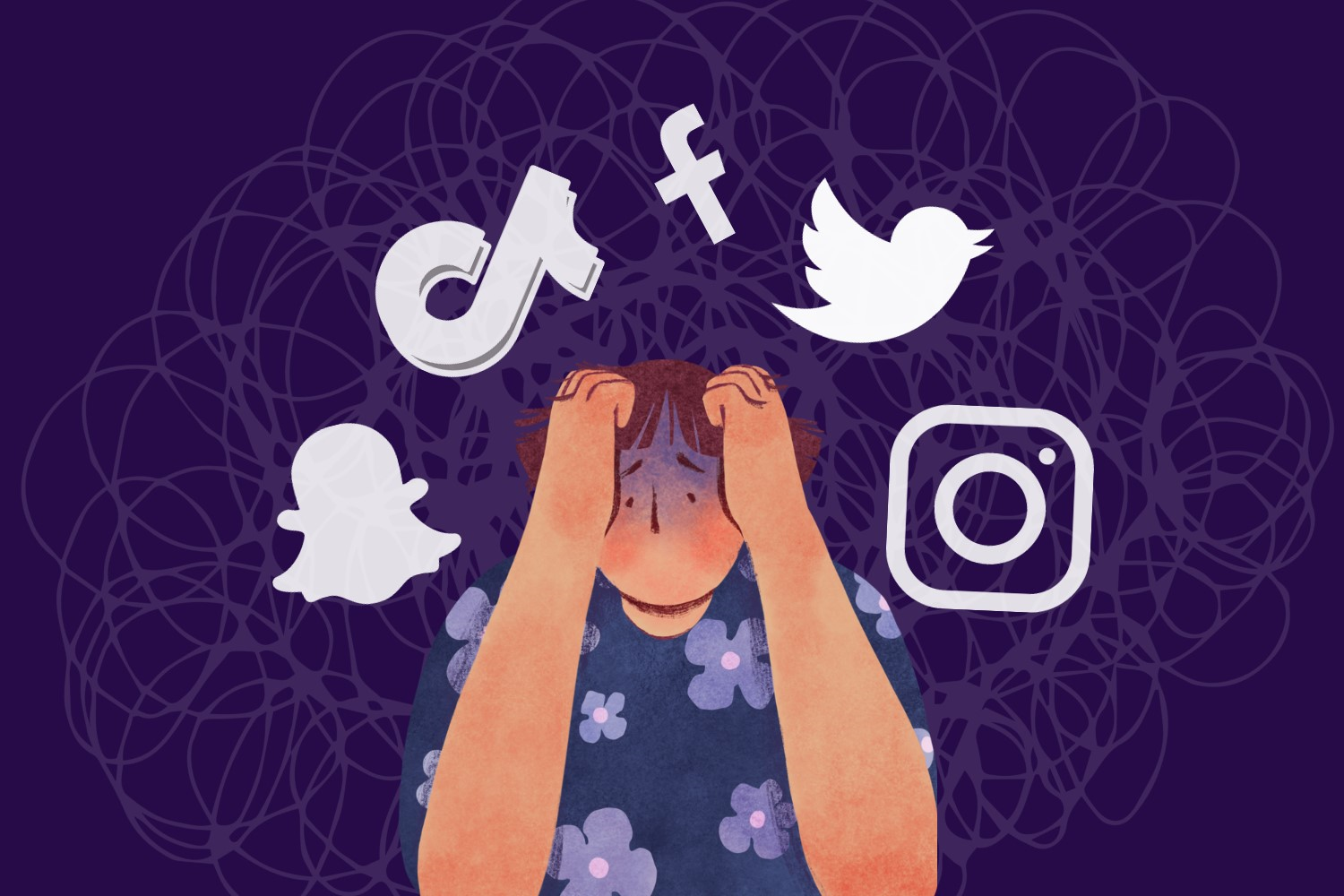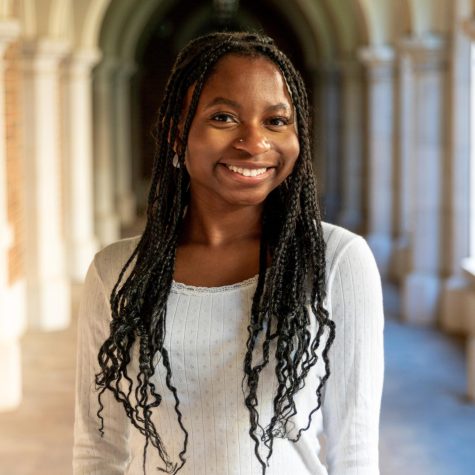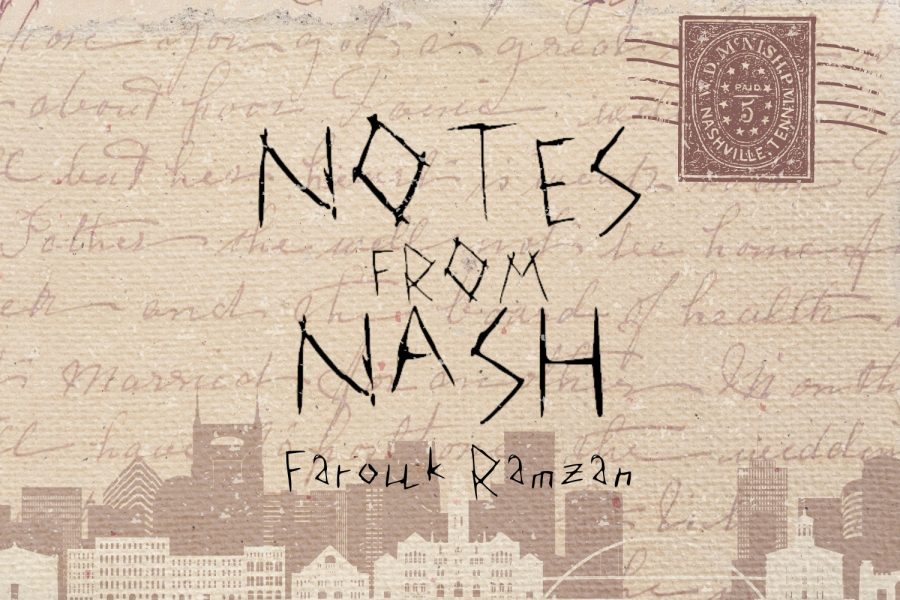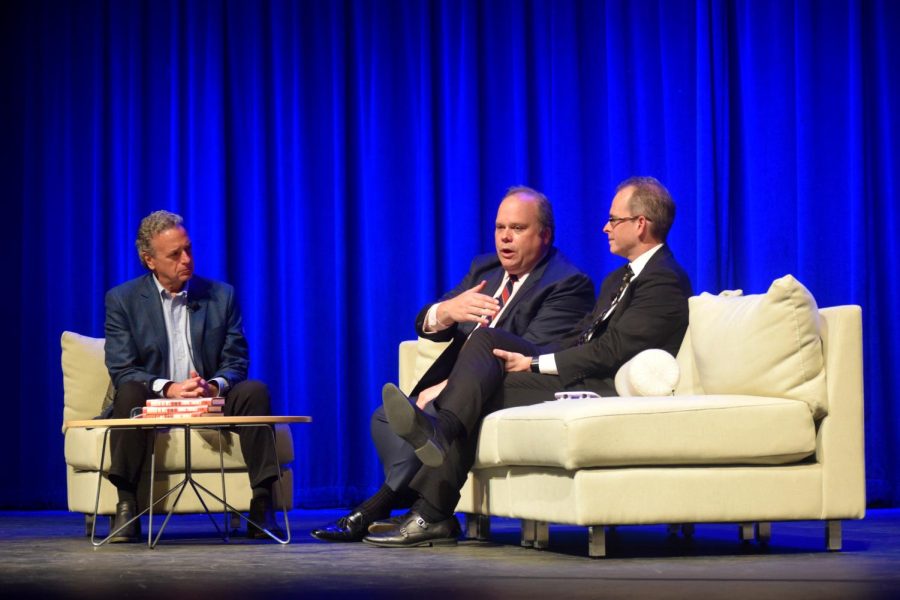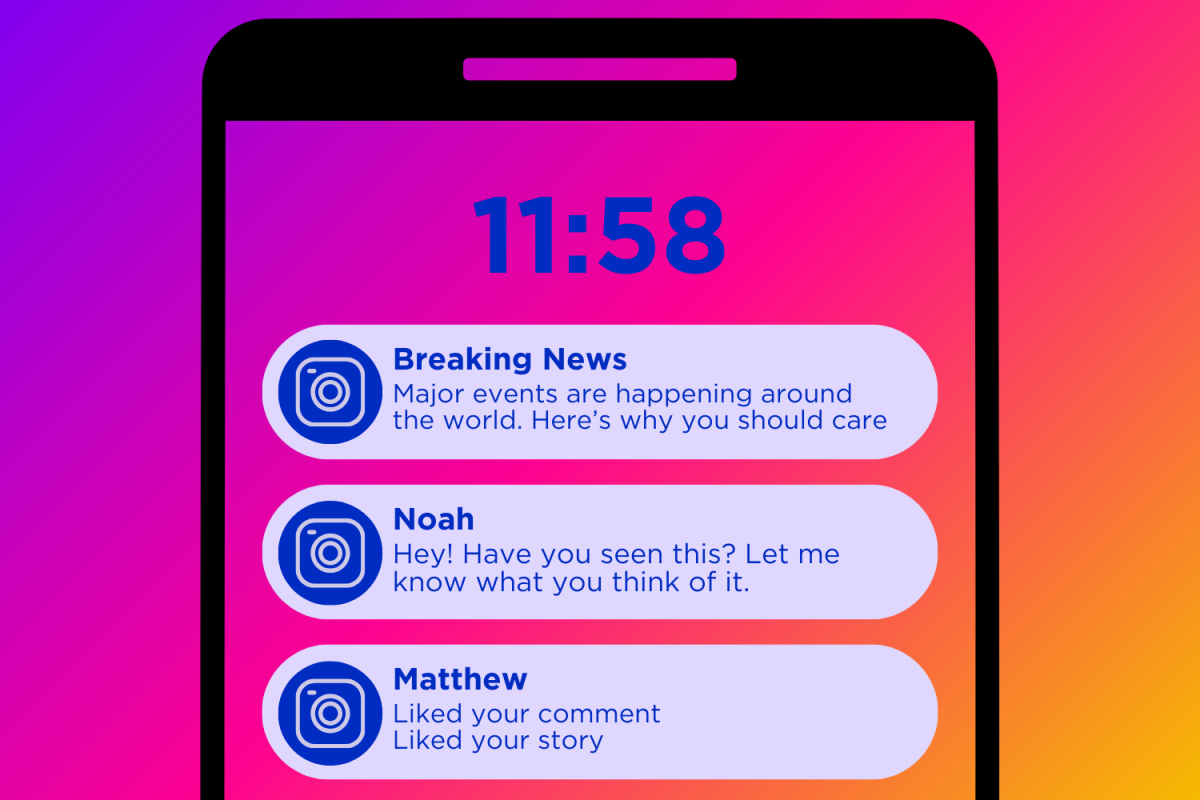Editor’s Note: This piece contains mention of gun violence, transphobia and homophobia
On Nov. 3, 2023, the acclaimed rapper and actress Megan “Thee Stallion” Pete released her song “Cobra,” using lyricism to address topics such as mental health, trauma and alcohol abuse. The music video featured unique visuals, with Megan emerging from a snake into a jungle landscape. One of the most powerful visuals in the music video features Megan rapping while trapped in a box as several people photograph her. Her powerful lines take shots at those who profited from her deteriorating mental health, including the following:
Every night I cried, I almost died
And nobody close tried to stop me
Long as everybody getting paid, right?
This song is a response to a nearly two-year media saga surrounding a high-profile criminal case pertaining to her being shot and wounded by rapper Tory Lanez. Lanez was ultimately convicted on all three of the felony counts pursued by Los Angeles prosecutors. The conviction concluded a two-week-long trial and the constant scrutiny surrounding the facts — and misinformation — of what exactly occurred on that now-infamous night in July 2020.
Megan’s testimony spoke to the rampant misogynoir she faced from the public and the harassment she faced from Lanez and social media users. Misogynoir refers to the hatred Black women face in today’s culture, highlighting the intersection between racism and misogyny. One of the most concerning aspects of her trial was the culmination of a steady rise of misinformation that spread across the internet at a dangerous rate.
On the internet, “tea” or gossip pages often provide information surrounding the latest gossip, trends and online discourse. These pages are largely viewed as unserious in nature, but they are still incredibly popular. Black gossip pages like “The Shade Room”, “No Jumper”, and “RapTV” seem innocuous, but I believe they should be taken seriously in the way they contribute to America’s media diets. In contrast to mainstream news sources like CNN or MSNBC, gossip pages report mostly on pop culture. Nevertheless, they still have significant reach. Americans regularly get their news from these online sources, and the information shared has real consequences on people’s lives. Due to their shared racial identity, Black gossip pages are often able to engage with Black media figures and provide commentary. In the case of Megan Thee Stallion, Black gossip pages were at the forefront of reporting on the trial. Rather than providing well-researched facts or credible updates, these pages were riddled with misinformation. A notable example included a popular hip hop culture reporter named DJ Akademiks who falsely reported that Stallion had stepped on glass and had not been shot at all.
These gossip pages do offer something positive that Black consumers often do not see in primarily white-run media outlets – they prioritize engagement with Black figures. However, this focus also brings to light the harmful discussions surrounding media figures in the Black community.
As Vanderbilt students, we are encouraged to be more critical of mainstream news outlets in an era of increasing political instability. Now more than ever, it’s equally important to be critical of all the media we consume, including the pages that may appear unserious and lighthearted at face value. Only then can we truly challenge the casual reactionary politics that pervade our culture.
The cultivation of reactionary politics
Black media outlets are unique in the way they have pioneered forms of reactionary politics by appearing to neutrally engage with figures while making no attempt to counter harmful hate speech. This form of politics privileges the reactions of social media users rather than the accuracy of the actual story.This pattern of reporting may seem inconsequential now, but it allows dangerous ideologies to propagate before we have time to combat them properly.
The Shade Room, an online gossip site and media conglomerate, was initially created by Angelica Nwandu as a project that used celebrity gossip as a way to fund Angelica’s ambitions in scriptwriting. After the platform gained thousands of followers and became a prime source for gossip and entertainment news, it was eventually monetized.
The Shade Room has been criticized publicly over the years by figures as prominent as Grammy-winning rapper Cardi B, who accused the platform of “gaslighting” her when she criticized the platform for only reporting negative news about her and blocking her from commenting on posts. The platform’s engagement with celebrities is a good reason for criticism; its exclusive access to celebrity drama allows it to publicly share some of the most intimate moments of celebrity life. Some may argue that reporting on the private lives of celebrities is necessary for scrutinizing public figures and holding them accountable for poor behavior. While this is, of course, a valid criticism, the specific issues that platforms choose to report on is a cause for criticism. Inspiring debate on topics for the sake of controversy could inspire more targeted harassment towards public figures, which could spillover into harassment of identity groups. The Shade Room does not attempt to intellectually interrogate these issues, but instead tries to generate as many social media clicks as possible.
The most infamous example of The Shade Room’s unethical reporting is their engagement in the life of Zaya Wade, daughter of basketball star Dwayne Wade and prominent member of the transgender community. Ethics surrounding reporting on celebrity children are already hotly contested, even when their gender identities are not the subject of the coverage. Since first reporting Wade’s identity as a transgender woman, The Shade Room has allowed transphobia to fester in the comment section. Commenters incite vile attacks on the Wades, as well as other trans and queer figures. The Shade Room claims to moderate their content for hate speech and use their platform to tell the truth. However, homophobic, transphobic and misogynistic comments are often featured on posts, calling into question their moderating strategies.
“Again, our intentions are to get to the truth,” Nwandu told Refinery 29. “So if homophobia is huge in hip-hop and a rapper feels comfortable enough to say the f-word, then we’re going to post it.”
Nwandu is part of a new form of engagement of politics that has been popularized since 2016: the use of leftist politics without a coherent ideology. We’ve seen a rise in “for the people” narratives undergirded by neoliberal politics with only vague gestures of grassroots organizing, but never popularizing a political theory that materially uplifts the working class. One infamous creator of this political language was Tucker Carlson, who used populist arguments such as accusing the “ruling class” of ruining American lives. His words were used by former president Donald Trump to harness white working class anxieties into a resounding backlash against Democratic rivals. One of the lasting impacts of this form of language is the way platforms, largely unaccountable to the people, have been able to co-opt this radical language.
Nwandu often uses this language to justify her reporting on controversial topics. “It’s the people’s blog,” she said in a 2017 interview. “It’s run by the community and we’re just the moderators.”
This form of politics appears to be idealistic at best. Nwadu has used legitimate Black anxiety over mainstream media to create a media platform that prioritizes clicks rather than productive engagement with actual political issues. Black media outlets seem to have locked onto the idea of “Blackness” as a cultural product to export to the highest bidder. They capitalize on the fact that traditional White-Protestant-cisgender media often refuses to engage with Black cultural issues, instead positioning themselves as one of the only ways to engage with an authentically Black platform. Though they use the language of community, their blatant homophobia, misogyny and antisemitism have allowed for these medias to fester a uniquely Black harassment campaign.
In my experience, Black people have often made fun of the far-right White extremist obsession with QAnon and other fringe ideologies, but have let a reactionary base cultivate within our own communities. This is, of course, an exported ideology that is uniquely white supremacist and creates forms of division within the Black community. However, it becomes an intra-community problem when Black users seek celebrity news coverage as a way to voice their own opinions on the manufactured “culture war” occurring within Black communities.
The reason why this is so hard to articulate in discussions surrounding media is social media’s reliance on the “attention economy.” Coined by the American Psychology Association, it is “a state in which cognitive resources are focused on certain aspects of the environment rather than on others.” This attention cycle is reliant on engagement with social media pages regardless of the consequences or harassment that may inspire these posts. It explains why The Shade Room continues to post about Zaya Wayde and Megan Thee Stallion with no regard for the consequences that this may have on cultural discourse or the mental health of others.
It is astonishing to see the overwhelming support that Megan has amassed after she displayed the wounds of the frenzied reporting she experienced from the trial on “Cobra.” However, the same community has begun to harass celebrities like Keke Palmer in the midst of a domestic violence trial. These two stories existing simultaneously is shocking, and the cognitive dissonance of the discussions surrounding both women’s experiences can be, at times, maddening.
Why does this discussion matter to Vanderbilt? First, most students are the target audience and consumers of Instagram accounts like RapTV and The Shade Room — and more recently, No Jumper — and may be getting their primary form of news from these sources.
Second, with the rise of the anonymous media platforms like Yik Yak and Fizz, we could be seeing a new attention economy infiltrating our own campus — one that attempts to stoke fear, moral panic and bigotry for those companies’ own gain. Vanderbilt students may not have the institutional power to change the goals of companies to envelop every part of our life, but we can resist in simpler ways. I urge you to resist hate platforms, do your part to prevent the spread of misinformation and boycott media hate trains, no matter how thrilling they may feel at the moment.



